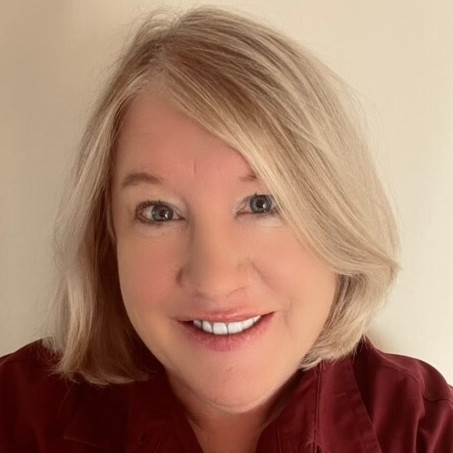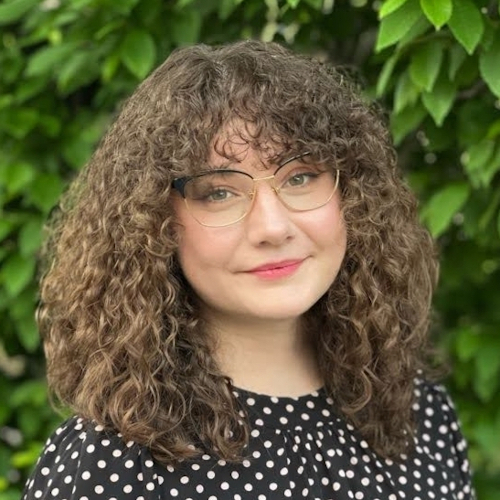April 18, 2023, 11:00 a.m. to 12:00 p.m. MDT
Equitable Engagement with Underserved Communities: An Update on State and Local Mitigation Planning Guidance and Research

Webinar Description:
The Federal Emergency Management Agency’s (FEMA) updated State and Local Mitigation Planning Policy Guides are in effect as of April 2023. Among other changes, this guidance requires a more systematic focus on reducing disaster risk among communities that are disadvantaged and socially, economically, or civically underserved. These recent policy changes call for greater community engagement in the planning process and more robust use of social vulnerability indicators in risk assessments for floods, wildfires, hurricanes, and other hazards.
This session will open with an overview of the changes to FEMA’s mitigation planning policies, with a focus on how state and local governments can leverage their planning process to advance social equity and resilience goals. This will be followed by a summary of resources available from the Natural Hazards Center regarding effective risk communication and building partnerships with socially vulnerable populations. The Natural Hazards Center will then share some preliminary research results regarding the inclusion of social vulnerability and vulnerable populations in State Hazard Mitigation Plans.
There will be time at the close of the session for participants to ask questions about the updated policy and research, to share resources regarding social vulnerability indicators, and to otherwise help advance efforts to improve equitable engagement. Please join us!
Speakers:
Cathleen Carlisle, Federal Emergency Management Agency
Carson MacPherson-Krutsky, Natural Hazards Center
Mary Angelica Painter, Natural Hazards Center
Lori Peek, Natural Hazards Center
Melissa Villarreal, Natural Hazards Center
Natural Hazards Center Overview Slides
Carlisle Presentation Slides
MacPherson-Krutsky Presentation Slides
Peek Presentation Sildes
Resources:
FEMA State Mitigation Planning Policy Guide
FEMA Local Mitigation Planning Policy Guide
Risk Communication and Social Vulnerability: Guidance for Practitioners
Disaster Losses and Social Vulnerability Databases
CONVERGE Social Vulnerability and Disasters Training Module
Continuing Education Credits:
This webinar is eligible for one contact hour of emergency management training within the International Association of Emergency Managers (IAEM) certification program. For more information about continuing education credits and how to earn them, please click here.

Cathleen Carlisle is a hazard mitigation planner and senior policy advisor for the National Mitigation Planning Program at the Federal Emergency Management Agency (FEMA) Headquarters. Carlisle leads project teams to produce policy guidance, training, and other tools to support delivery of FEMA’s National Mitigation Planning Program in FEMA’s ten regional offices. She has also served as senior mitigation planner for FEMA Region 2 in New York City leading a team of planners providing technical assistance, and plan review for the states of New York and New Jersey, and as a hazard mitigation project officer and program manager in FEMA’s Building Science Program in Washington, DC. Carlisle recently led the effort to update FEMA’s State Mitigation Planning policy which will become effective in April 2023.
![]()
Carson MacPherson-Krutsky is a research associate at the Natural Hazards Center and Boise State University, sharing her positions equally. She holds a bachelor’s from Western Washington University, a master’s from the University of Montana, and a PhD from Boise State University. Her research incorporates social science methods to investigate what motivates people to take protective actions and assess which types of risk communication styles are most effective at encouraging people to prepare.
MacPherson-Krutsky joined the Natural Hazards Center in the fall of 2021. Her work involves developing interactive trainings for practitioners that focus on risk communication best practices with specific emphasis on socially vulnerable populations. This work is in partnership with the U.S. Army Corps of Engineers and builds upon existing Natural Hazard Center resources.

Mary Angelica Painter is a postdoctoral research associate at the Natural Hazards Center, funded by the Margaret A. Cargill Philanthropies. Her research interests include understanding and developing new and robust measures to study social vulnerabilities in the context of natural hazards, while also incorporating the effects of the role of government, policy, and politics in disaster response. Her work at the Natural Hazards Center focuses on finding the root of social vulnerability and addressing these issues in places at risk to disaster in a 10-state Midwest region, which includes her home state of Missouri. Specializing in research methodology, she is keen on developing statistical tools to advance the understanding of social vulnerability and disaster response.
![]()
Lori Peek is director of the Natural Hazards Center and professor in the Department of Sociology at the University of Colorado Boulder. She is the principal investigator of the NHERI-CONVERGE facility and the leader of the Social Science Extreme Events Research (SSEER) and Interdisciplinary Science and Engineering Extreme Events Research (ISEEER) networks and platforms. Peek has conducted field investigations in the aftermath of the 9/11 terrorist attacks, Hurricane Katrina, the BP Oil Spill, the Christchurch earthquakes, the Joplin tornado, Superstorm Sandy, and Hurricane Matthew. She studies vulnerable populations in disaster, and is author of the award-winning Behind the Backlash: Muslim Americans after 9/11, co-editor of Displaced: Life in the Katrina Diaspora, and co-author of Children of Katrina. Peek helped develop national natural hazards school safety guidance, which culminated in the publication of FEMA P-1000 Safer, Stronger, Smarter: A Guide to Improving School Natural Hazard Safety.
![]()
Melissa Villarreal is a graduate research assistant at the Natural Hazards Center at the University of Colorado, Boulder. Her research centers on the recovery process of vulnerable populations after disaster events, and she is currently working on a project exploring the long-term housing recovery among Mexican-origin immigrants in Houston, Texas after Hurricane Harvey. The project involves qualitative, semi-structured interviews with community organizations serving the community with post-disaster housing as well as interviews with members of the community. Villarreal has received a National Science Foundation graduate research fellowship for her work. Additionally, Villarreal is a William Averette Anderson Fund (BAF) fellow which is dedicated to advancing the success of minority professionals in the hazards and disasters field. She also serves on the fund's student executive committee.